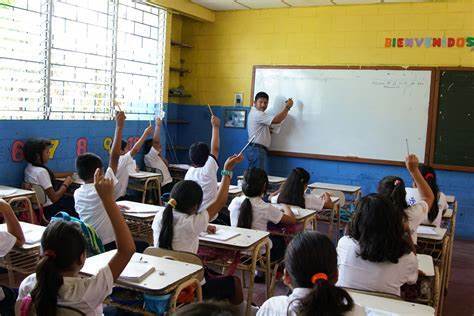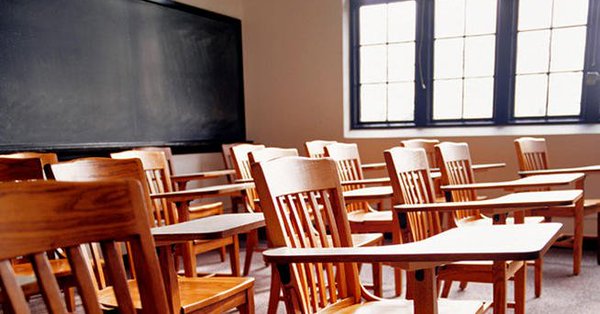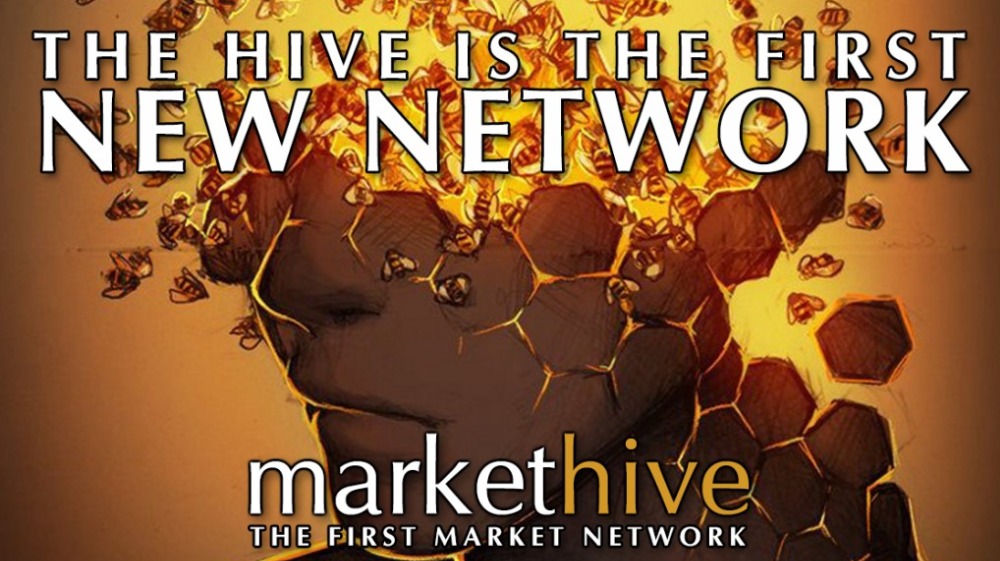


There’s only so much that can be taught within the walls of a school, I know. It’s a parent’s responsibility to teach life skills apart from the academic requirements, I get it. But considering how little I need to know the periodic table of elements, and how much I need to know about taxes, I feel like the scales could be balanced a bit better. Most of my college prerequisite classes were things I learned in high school, yet no one asked if I knew how to understand and manage my emotions before unleashing me into the professional world. No one taught me about the student loans I so freely signed, beyond, “Do it! It’ll be fine!”
Here are 15 life skills that kids typically aren’t learning in school, and yet they’ll definitely need to know:
I’m not talking about stocks and portfolios (but, okay, those too), I just mean the very simple, very necessary art of budgeting and making household finance decisions. This is one area that kids could use some expert guidance, considering most parents weren’t taught properly themselves.
A class on interest rates alone would have saved me from a few mega financial blunders.
We take classes and a test before getting a driver’s license. We take lord knows how many exams before getting into college. We’re even offered a variety of parenting/birthing/breastfeeding classes before having a baby. And yet I could walk into a courthouse with a simple registration and some makeshift rings and call it a marriage. How can something so complicated and important — something that affects everything from our money to our health to our happiness — have next-to-no training or instructions?
This is another thing that should be learned at home in theory, except many kids have really crappy relationship role models because their parents had crappy role models because THERE’S NO EDUCATION ON MAINTAINING RELATIONSHIPS.
Children are being born into a world of silent communication (texting, emailing, messengering, etc.), and so their personal communication skills — how to engage and connect with other people — might need a boost. Considering our ability to effectively communicate will affect every single aspect of life, it’s astounding how little attention it’s given in school.
Unless we had the insight to join a debate team, we probably never learned the art of negotiation — something all adults will need at some point, whether negotiating with a boss, a bank, or a spouse.
We learn plenty about our physical health, but what about our emotional and mental health? What about our inner worlds? Could there be any topic more relevant to students and young adults than understanding and managing their stress, anxiety, and emotions? If mindfulness and emotional awareness was as essential to the public school curriculum as Common Core math strategies, we just might raise a healthier generation of humans.
‘Tis the time to teach selfie regulation, Internet kindness, and social oversharing. Our kids are inheriting a digital world, and so they’ll need to know how to exist in it.
You know what? Take the cursive out of my kid’s curriculum, whatever. I’d much rather him learn modern skills like coding, computer science, and search engine techniques. If we want our kids to have solid life skills, they’ll need to understand their digital environment. THIS is their life.
According to LifeHack, “Not knowing how to program will soon become synonymous to being illiterate … If you don’t know how to program, you’re merely consuming the whole world around you, which is programmed.” Yet 9 out of 10 schools aren’t teaching coding classes, and computer science doesn’t count toward high school graduation requirements in 25 out of 50 states.
Scientists are now realizing that the newest crop of humans have an unprecedented ability to multitask, probably due to neuroplasticity (our brains ability to adapt and change to the environment). New York magazine reported that kids can “[conduct] 34 conversations simultaneously across six different media, or pay attention to switching between attentional targets in a way that’s been considered impossible.”
But with the give comes the take, and studies show that these kids have less of an attention span than ever before. Perhaps the best thing we can teach these kids is to single-task, and to really listen and focus, rather than succumb to every distraction like a dog in a field of squirrels.
Marc Mason’s “7 Strange Questions That Help You Find Your Life Purpose” should be required reading.
Students are chronically rewarded for succeeding and punished for failing — but what kind of lesson does that send? Some of our most important lessons in life come from the biggest failures.
Learning how to stay organized, on task, and productive is something that virtually every human, in every career, will need.
No student should be allowed to graduate college without mastering at least one dish beyond microwavable dinners and instant oatmeal.
Most people I know have no idea how to fix a leaky pipe or why a car makes that rattling sound.
Our kids can take a test and memorize facts, but would they know how to find water if they were stranded? Can they fish? Stop a bleed? Perform CPR? Correctly lift heavy objects? Follow a map sans GPS? I understand that these are skills learned over a lifetime, but shouldn’t we have at least one class on the basics of human survival?
And so it’s up to us, dear parents, to teach these crucial life skills to our kids.
The only problem?
We have to learn them ourselves, first.
------------------------------------------------------------------------------------------------------------------------------------------------------------------

